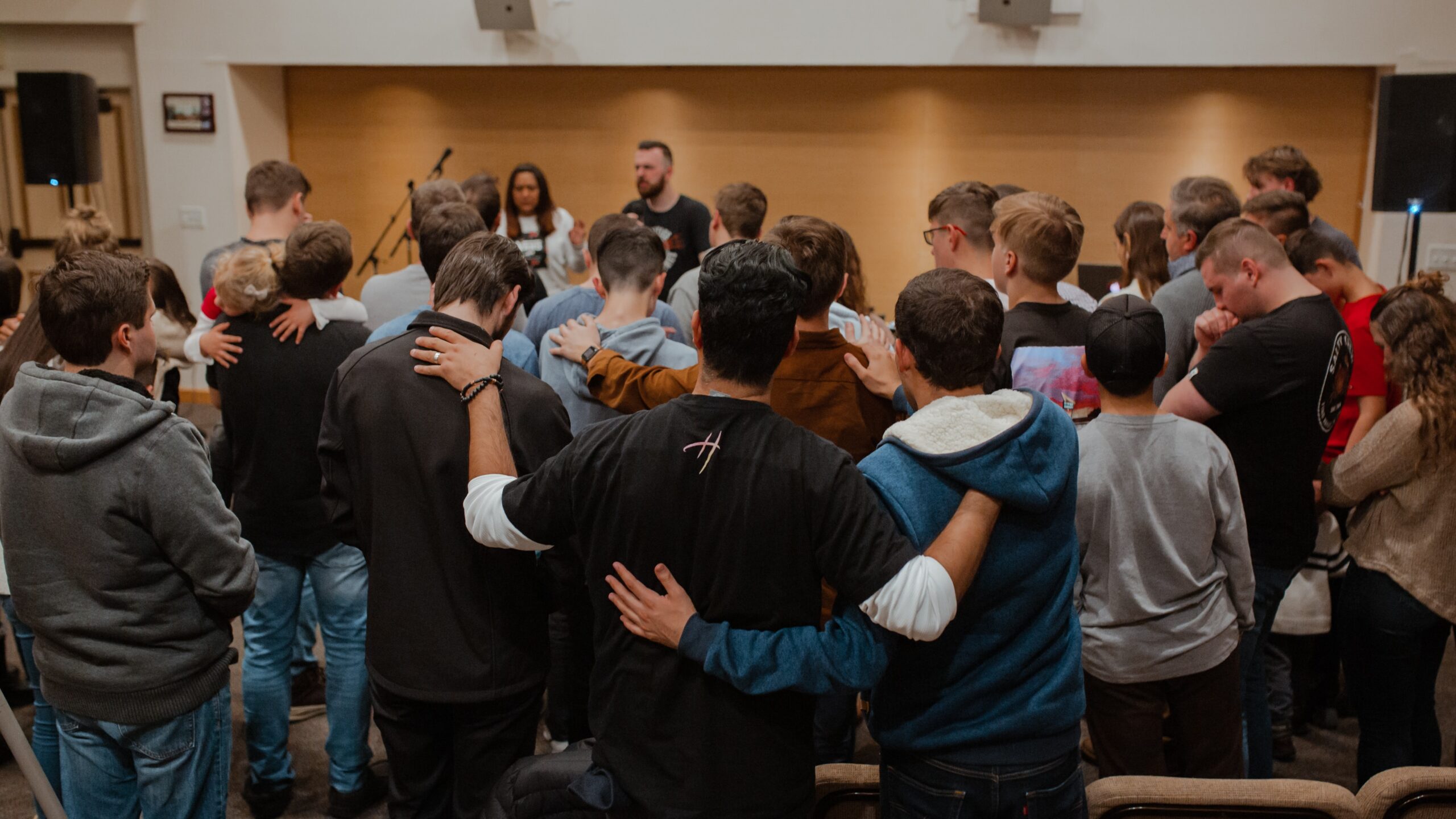Guest Column: Opinion piece on faith-based clubs doesn’t encapsulate true meaning of faith

The recent article from The Oracle, titled “Start the year off right with faith-based clubs on campus,” makes many salient points about the benefits of religion on life and health. The article makes the case for religion on a utilitarian principle: people who are religious have better life outcomes.
While this all may be true, I would argue this approach misses the point of religion, or at least Christianity. Unfortunately, in the modern world, religion has become just one more consumer good that can help us on our journey to autonomous self-realization.
Yet, this is to bury the essence of religion, or at least Christianity, under a mountain of our own dreams and desires. Christianity is not primarily about actualizing our best life but about finding our life in the life of God who is himself the source of life.
This life is paradoxically found in death: the death of Christ and the death of self. As Jesus said, “whoever would save his life will lose it, but whoever loses his life for my sake will find it.”
Regrettably, modern people, including most Christians, have lost the sense that finding our life in God implies belonging to God. When Christianity is reduced to an instrument of self-actualization it loses its soul. Alan Noble, author and professor of English at Oklahoma Baptist University, notes the implications of this pointedly:
“[If you] follow God’s laws out of personal preference, you will eventually discover a breaking point where your desire for experiences or self-expression comes up hard against an ethical law. And at that moment, you can choose to abandon Christianity as an inadequate or antiquated lifestyle… or you can accept that Christianity was never meant to be a lifestyle,” Noble said.
Only by removing yourself as the source of meaning in the world does the latter option make any sense. Yet, this is the way to truly living. As the Russian author Fiódor Dostoyevsky observed, “The mystery of human existence lies not in just staying alive, but in finding something to live for.”
Far from this all-encompassing reality, modern people relegate religion to a hobby which we attend to once or twice a week while it remains at arm’s length for fear of taking it “too seriously.”
English novelist Dorothy Sayers noted the effects of such religion: “It believes in nothing, cares for nothing, seeks to know nothing, interferes with nothing, enjoys nothing, hates nothing, finds purpose in nothing, lives for nothing, and remains alive because there is nothing for which it will die.”
So what should we do with religion? As for Christianity I would purpose this: follow Christianity because it’s true and it might just become comfortable. If you come to Christ for truth and for life you may just find joy as well.
True grace, the transformative kind, the only kind that really matters, is costly, it demands everything and yet it gives everything too.
The Apostle Paul, author of 13 books of the Bible, described his experience thus, “I have been crucified with Christ. It is no longer I who live, but Christ who lives in me. And the life I now live in the flesh I live by faith in the Son of God, who loved me and gave himself for me.”
Christianity isn’t about improving life. It’s about finding life.
Aldo Mondin is a campus minister at Reformed University Fellowship (RUF) at USF.








